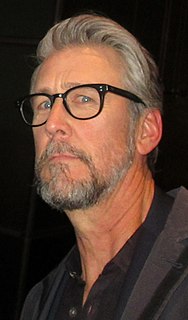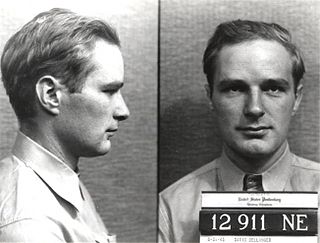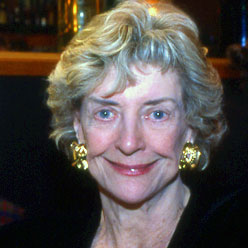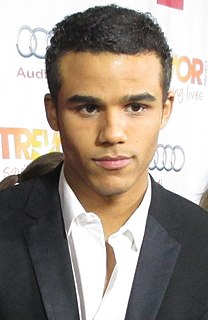A Quote by Les Wexner
"What would people say about you when you're gone?" That to me was a very important question. I thought about that for a couple of years and said, "What people say about you when you're gone doesn't matter. You're gone." What really matters is, "What do you say about yourself in the here and now? Are you proud of what you're doing?" If you had a short lease and it ended today, or it ends tomorrow, what would you wish you would have done? You better do it.
Related Quotes
I've said jokes where I thought people might get up and hit me for this. A couple of people have thought about it. But they didn't. It gives you a lot of power, because if you're on shows where people are worried about getting sacked and you're not, then you're transcendent because you say what other people would like to say.
Go first to your Highest Thought about yourself. Imagine the you that you would be if you lived that thought every day. Imagine what you would think, do, and say, and how you would respond to what others would do and say. Do you see any difference between that projection and what you think, do, and say now?
[Grandfather] would manufacture funnies with Grandmother before she died about how he was in love with other women who were not her. She knew it was only funnies because she would laugh in volumes. 'Anna,' he would say, 'I am going to marry that one with the pink hat.' And she would say, 'To whom are you going to marry her?' And he would say, 'To me.' I would laugh very much in the back seat, and she would say to him, 'But you are no priest.' And he would say, 'I am today.' And she would say, 'Today you believe in God?' And he would say, 'Today I believe in love.
I think what I've tried to do is make the world a better place. I think that's what's really important. Nobody remembers who sold the most togas in Rome. In terms of legacy, people remember the great villains more than they remember the great heroes. So I think how you feel about yourself is the most significant question. What do you say about yourself when you put your head on the pillow? Are you really proud of what you're doing and the way you're doing it? I think it's really a fundamental question.
I think people were a little bit too concerned about what I would or would not be allowed to say. So let me just get that out of the way and get on to the business of telling, you know, a story, or two, or three, or 15. And also to say, "Okay, look. Here it is, don't worry about it. The restrictions and the watered-down and all the stuff that you thought was gonna happen really isn't the case." So we done got that out the way, and now we can just kind of move on.


































